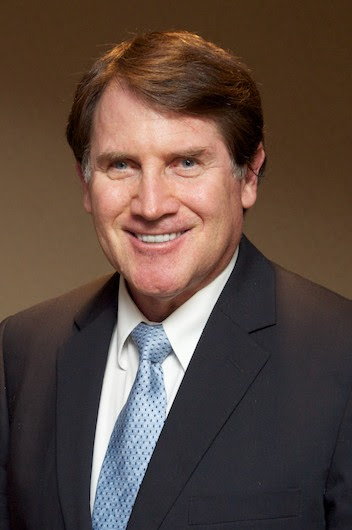
“The issues on pricing are complex…”
-Bob Ehrlich
There are no doubt some very expensive prescription drugs that have industry critics upset. Gilead has launched a hep C cure with pills costing one thousand dollars a pill for a three month daily treatment. Some cancer drugs cost $100,000 or more that extend life by a few months.
Critics are pushing for government action to dig into why these drugs are so expensive. The drug industry says these prices reflect the high cost of development, including the many drugs that fail to make it past the clinical phase. The cost to get to a successful FDA approved drug can cost billions. Critics say consumers should be able to see the costs of development and marketing.
Several states have introduced legislation to require such disclosure. The idea is to make public the real cost of development and marketing. I assume the goal here is to outrage the public if those costs are low and the price to the public is high.
The issues on pricing are complex. Drug companies need to make lots of money on their success to fund the much higher number that fail. The public needs to be able to have access to these expensive drugs. Insurance companies feel enormous pressure to cover these expensive drugs. The solution may be to better understand the development costs of the high priced drugs. Obviously the drug maker wants to charge the highest price it can and optimize its profits. Is there such thing as a fair profit margin? Should drug companies be told what that level should be?
One has to think that Gilead spent years finding a cure for the horrible disease that is Hep C. They should be greatly rewarded for that breakthrough. We want drug companies to look for quantum leaps in treatments and society needs to reward such innovation. Critics say that me-too branded drugs waste R&D resources. So when a drug company goes for breakthrough drugs, these same critics say the price is unfair.
I do not know what is a fair price for a cancer, HIV, or hep C drug. Is it what the market will bear or some government formula for what they think is a fair return? Other countries use the latter approach. The question is without a market like the U.S. with free market pricing, will those drugs ever be developed?
This is the age old question of why Americans are subsidizing drug development for other markets. The drug industry does need to justify its prices but not through legislation on its cost structure. The insurance companies and drug competitors are the best chances of keeping prices lower. Insurers will evaluate the cost of the drug versus other treatments or versus the cost of non-treatment hospitalizations. A drug that commands a high price provides incentives to competitors to enter. Over time that $1000 a pill will drop to $100.
Do we want to allow drug companies to hit home runs with breakthrough drugs? I think the public wants them working on R&D programs to stop pandemics and cure cancer. While a thousand per pill may seem obscene, what is more obscene is not giving drug companies the financial incentive to succeed on their high risk research programs.


No comments yet.